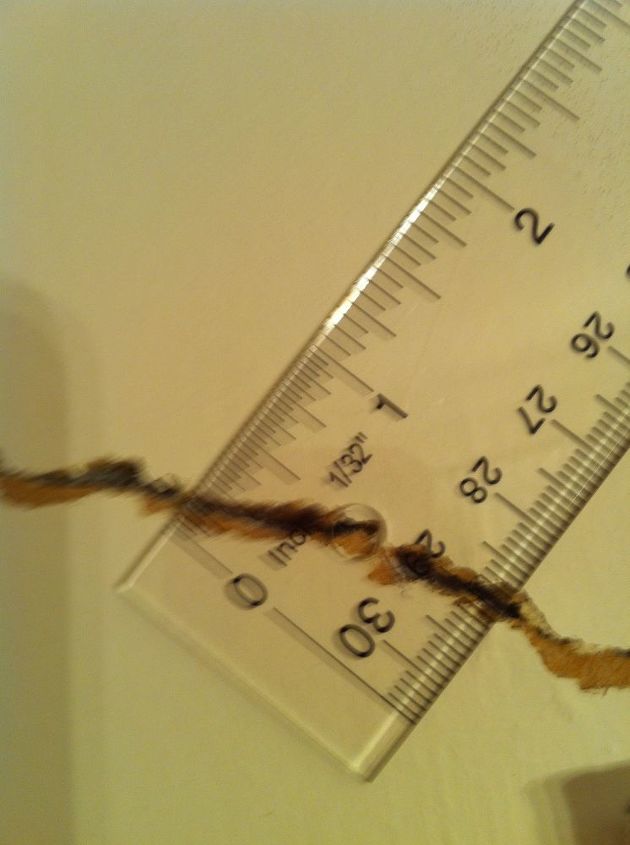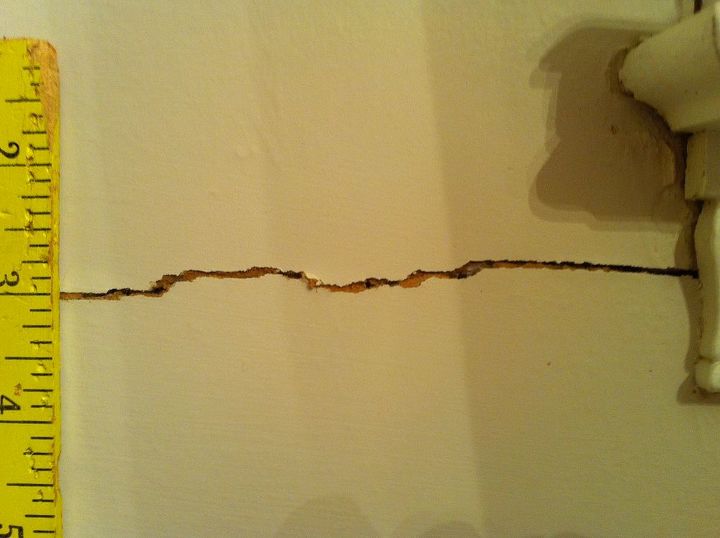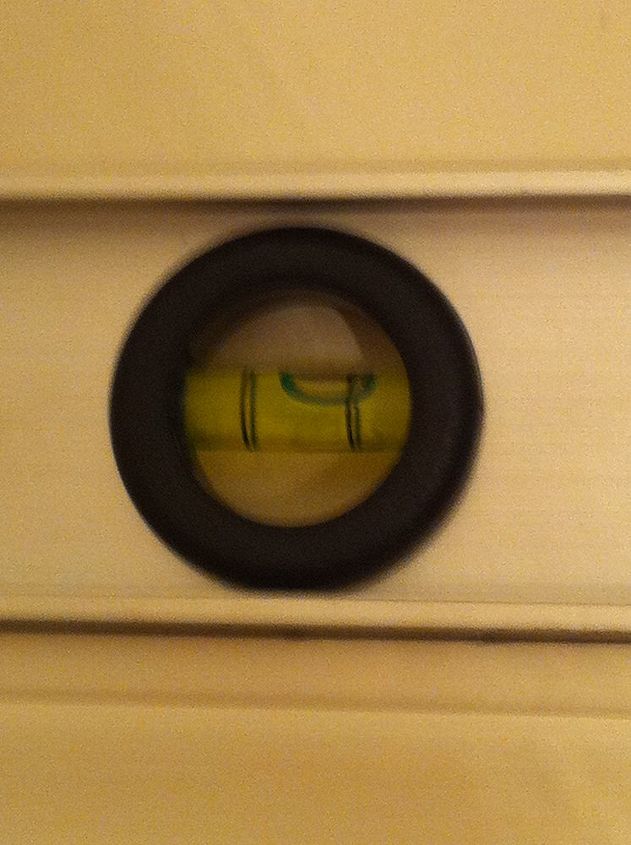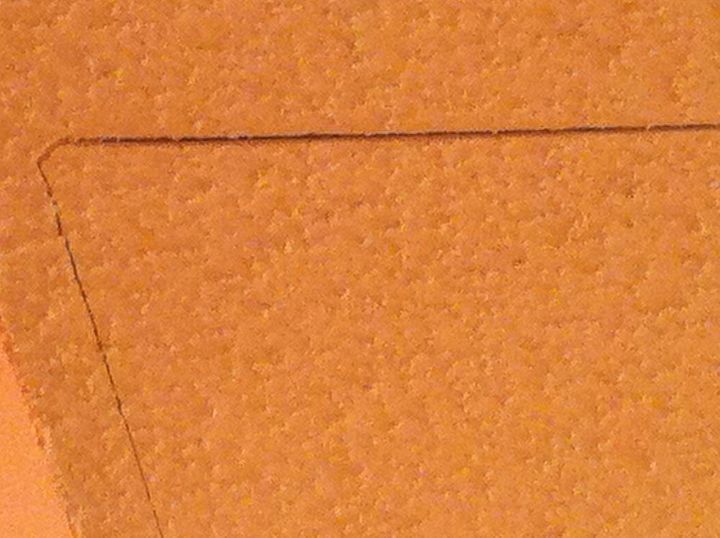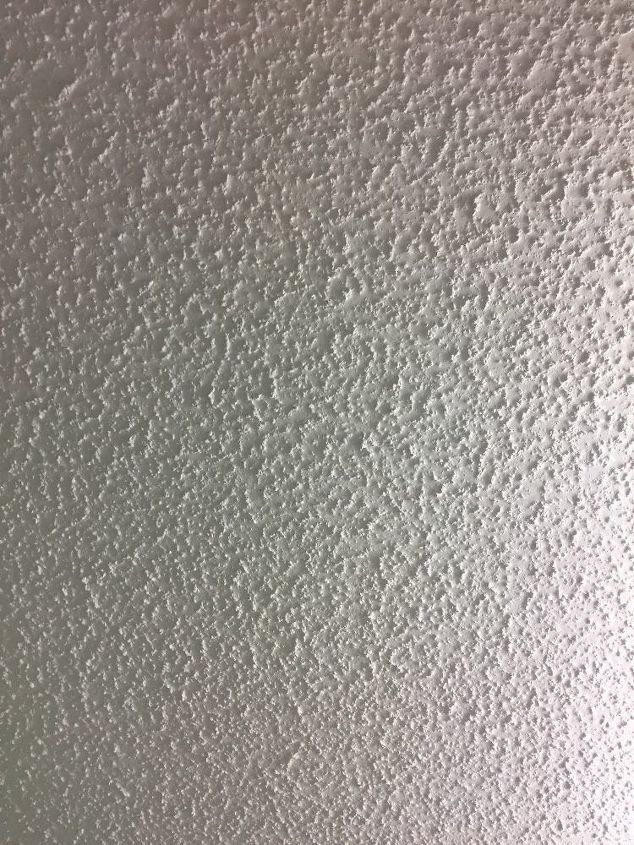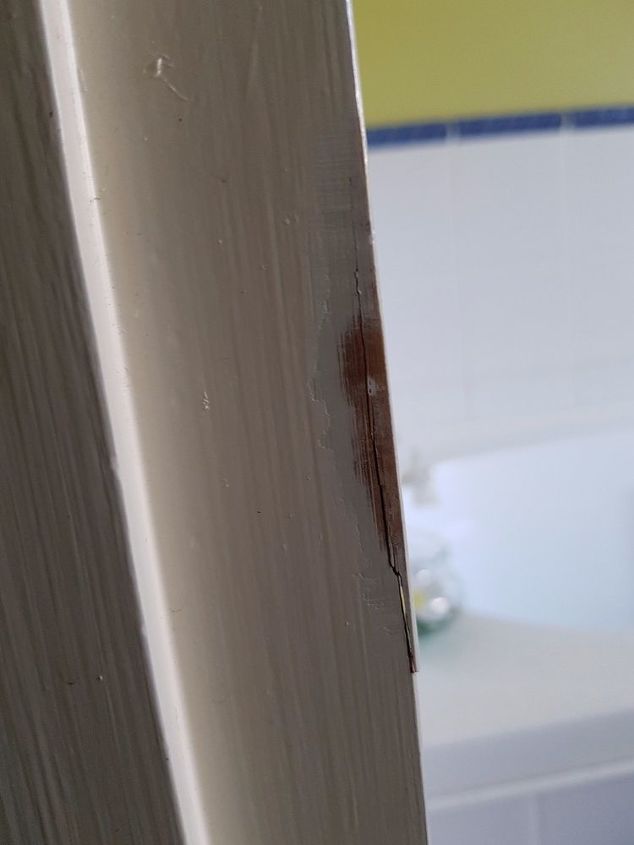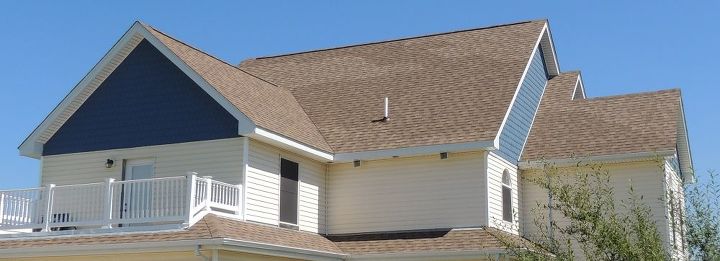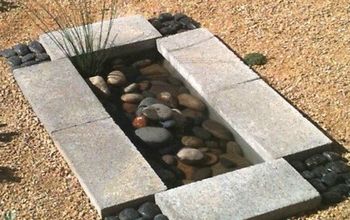My patio home is sinking!
The answer is no to construction around, digging, earth moving, etc. Nothing has changed in the 19 years I have lived here. Of course, the HMO says I own the ground it sits on so its my problem.
-
Sorry to say, but specially since all the foundation experts are stumped, I think the $500 for a structural engineer is well worth it.
 3po3
on Dec 10, 2011
Helpful Reply
3po3
on Dec 10, 2011
Helpful Reply -
-
Have you looked into bringing a "soils engineer" to the party? The structural engineer can evaluate the home but if the underlying ground is the culprit you will need to remedy that before any structural issues are implemented.
 KMS Woodworks
on Dec 11, 2011
Helpful Reply
KMS Woodworks
on Dec 11, 2011
Helpful Reply -
-
The only reason for the cracking of a cement slab is the soil under it has shifted. This can be caused by poor water run off and drainage. Type of soil the patio has been set upon, Clay vs Loam type. With all the changes with water both on the overly wet side, or the dry desert type conditions in various parts of the country. This can be one of the many causes that has translated into this crack. It can be simply the use of a sprinkler more often, or being sprayed in a different area. In any case, as the slab begins to sink, it will only get worse faster as it begins to drop. My guess it is dropping nearest the foundation of the home. Very common, and perhaps it has been doing this for several years, only the crack has just begun to appear. I would look into mud jacking to provide some additional support under the slab which would extend its life expectancy
 Woodbridge Environmental Tiptophouse.com
on Dec 11, 2011
Helpful Reply
Woodbridge Environmental Tiptophouse.com
on Dec 11, 2011
Helpful Reply -
-
w/o looking at the underlying soil, its all guesswork especially if none of the contractors have any experience in the subdivision,,, i'd guess your home's built on ' fill ' ( most rough grading consists of cuts & fills ) which would usually have been done by the site grading contractor - finish grading is usually landscaper's work,,, $ 500 is not expensive in my book for the engineer's work. mudjacking, push piers, soil grouting, chemical grouting, foam injection, & helical piers are some items that may have been/will be recommended.
 Its Really Concrete, Inc.
on Dec 11, 2011
Helpful Reply
Its Really Concrete, Inc.
on Dec 11, 2011
Helpful Reply -
-
I'm late to this party but let me take this opportunity to suggest the best way to handle such a situation. First, if you call in a so-called foundation repair company, you will get exactly that -- a pitch for a foundation repair WHETHER YOU NEED IT OR NOT! This is obviously a big concern for you and while I do not know enough yet to be able to determine if this is a real problem or a bit of excessive settlement -- I would strongly suggest the engineer route. Here's why...if the engineer says it's not a problem and just monitor it - you cant take that advice to the bank. But if he/she says it is a problem and needs a repair, the engineer can design the repair and, and this is VERY important, CERTIFY it after the repair is complete. This is very, very important because if you ever sell your house, this problem could come up. Having had a report from an engineer that either says "no problem" or that it was a problem which was thoroughly and properly fixed, is critical to both the banks and buyers involved in the transaction.
 The Money Pit
on Dec 11, 2011
Helpful Reply
The Money Pit
on Dec 11, 2011
Helpful Reply -
-
You need to have a structural engineer take a look. He likely will need to have a soils report to base his design from. You are wasting your time with anyone else... . No contractor can effectively correct the foundation until soils conditions are assessed. If you could take some photos of the entire wall inside and out , along with any terrain information i can give you a pretty good idea where its heading. Quite often corner parcels were the boundary of the development for a reason, its not uncommon for them to be built on un-engineered fill dirt. The corner lot frequently becomes the staging area for all of the imported or exported soils for a project and often just get quickly flattened or graded. It could be something as simple as a giant stump that was graded over and now the foundation is failing it that area, to the building pad in constructed on unstable fill dirt that was improperly placed.
 David C
on Dec 16, 2011
Helpful Reply
David C
on Dec 16, 2011
Helpful Reply -
-
When my brother lived in France he told me about a project near his home. This was a new home being built. The land was cleared by cutting down a lot of trees, these were then cut up and buried, then the home was built over this pile....when I heard that my jaw dropped....what idiots I thought. When those logs rot that entire foundation is going to shift in a very unpredictable way...not sure how the "code" system works in France but some new homeowner is going to have a headache in a few years.
 KMS Woodworks
on Dec 16, 2011
Helpful Reply
KMS Woodworks
on Dec 16, 2011
Helpful Reply -
-
Yeah, it would be hard to find better deals for <a href="http://www.carolinafoundation.com/areas-served/foundation-repair-greensboro-nc/">foundation repair in Greensboro NC</a>. Definitely a situation that requires examining every angle before jumping in.
 Thiago DaLuz
on Aug 13, 2013
Helpful Reply
Thiago DaLuz
on Aug 13, 2013
Helpful Reply -
-
One of my rental properties had a crack that did get larger over time. I called a local company and he offered to "caulk" it - I thought that was pretty stupid since the crack had been increasing in size. I found a Geotechnical Engineering company who tested the ground. Found it to be stable & gave a detailed report showing cause. I then had a company use "jacks" to fix the crack and this procedure also made the double garage door close with no more light under the door. I check the house now and then and it looks great. It was costly but worth every $$.
 Sherrie S
on Feb 21, 2014
Helpful Reply
Sherrie S
on Feb 21, 2014
Helpful Reply -
-
I'm so glad I read these posts because I have the same problem with my garage floor and now there is about a 3in. gap from the garage floor to the driveway My garage is attached to the house and as far as I know I am the only one in this subdivision that has this problem. Each year it keeps getting worse and I have to have someone look at it this Spring before (I'm afraid) the house falls in some big hole. But those prices I see really scares me.
 Paula Long
on Mar 12, 2014
Helpful Reply
Paula Long
on Mar 12, 2014
Helpful Reply -
-
This is not all that uncommon, even more scary when you hear about sink holes. The slab is not structural so unless the door frame is becoming out of square or walls are cracking its just the slab that needs to be replaced. I would suggest to have someone come in and drill some holes and test how solid the soil is. Quite often then not contractors fill holes with wood debris from the work site and cover with cement, You can either remove the slab and replace, or have a mud jacking done which lifts the slab intact by pumping cement under the floor lifting the slab in the process.
 Woodbridge Environmental Tiptophouse.com
on Mar 12, 2014
Helpful Reply
Woodbridge Environmental Tiptophouse.com
on Mar 12, 2014
Helpful Reply -
-
This is a very common problem here in VA where I live. Yes, common, as the land is quickly developed from swamp to subdivisions, the contractors just fill in and build the houses on what is "shrink swell soil". We have red clay and when in times of drought will shrink sometimes up a foot away from the 18" deep foundations here. then when the ground becomes swollen from a rainy season the mud pushes against the house and causes even more problems! I can gauge how dry the ground is by the crack in my garage! which has slowly grown wider. I am not as worried about my home as I am with neighbors who have spider webs in their garages! My house sometimes moves where the antique cabinet will creak from the floor moving! the neighbors paid over $20,000 before they could sell their home to have piers put in and the foundation fixed. There is no way around or easy fixes and paying experts is the right way. We know soon we will have to figure out how to pay this. If you have this problem, you probably have neighbors that do too but they just do not know it. I know that in my neighborhood of 32+ homes and my subdivision of over 2700 homes almost every one has some sort of issue...good luck!
 The Garden Frog with C Renee
on Mar 14, 2014
Helpful Reply
The Garden Frog with C Renee
on Mar 14, 2014
Helpful Reply -
-
That seem like an awful lot of money. I'd definitely get an inspection from a structural engineer rather than a "foundation repair" company. Most of their employees are salesmen who work on commission. You may indeed need foundation repair, but hopefully not $25,000.00 worth. (Check with your homeowners' policy and see if any of this is covered. We have insurance that covers foundation repair.)
 Janet Smith
on Mar 18, 2014
Helpful Reply
Janet Smith
on Mar 18, 2014
Helpful Reply -
-
This isn't something you want to hear, but do you by any chance live in an area where sinkholes are a possibility? Or could there possibly be old mines in your area? If so, that could easily explain why your house is settling. Or, if you have mostly clay soil, it could be expanding and contracting based on how much moisture is in it. Again, a soil- or structural-engineer might be a good investment.
 MagnoliaMama
on Dec 25, 2014
Helpful Reply
MagnoliaMama
on Dec 25, 2014
Helpful Reply -
-
Please have a structural engineer take a look at your property, especially if you are in an area with known sinkholes. I showed this post to my hubby who is an architect and that was his response as well. Better safe than sorry.
 Evey's Creations
on Jun 03, 2015
Helpful Reply
Evey's Creations
on Jun 03, 2015
Helpful Reply -
Related Discussions
How to get rid of mice?
We seem to have some unwelcome Mickeys and Minnies in our house. What is the best way to get rid of them?
How to remove popcorn ceiling with asbestos?
I want to remove my popcorn ceiling, but it has asbestos in it. How do I go about this safely?
How to trap fruit flies?
Does anyone know how to get rid of fruit flies with a homemade trap?
How to remove popcorn ceiling with vacuum?
Is there a way to use a vacuum to remove a popcorn ceiling?
How to fix a crack in a door frame?
How to fix a door frame with a split in it?
Will sun and rain change the miss color on our shingles?
We had our whole roof replaced with IKO Architectural shingles last week because of larger than golf ball size hail in early June. We used a highly rated contractor t... See more
How to remove urine smell from concrete?
Please HELP!!! Due to dogs, the urine smell in the concrete in out basement will knock you over. It is so bad you can smell it all through out our house. What is th... See more
